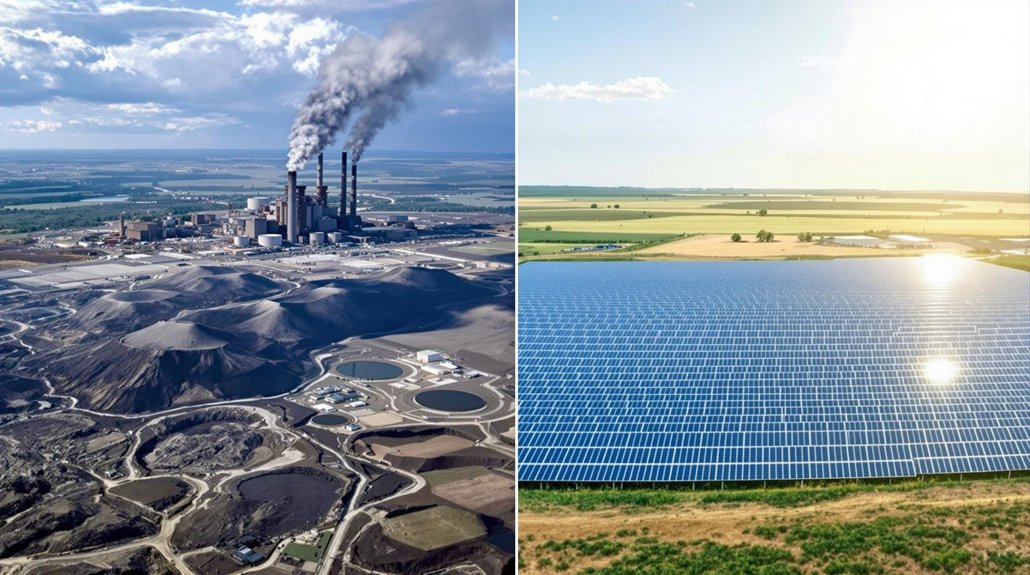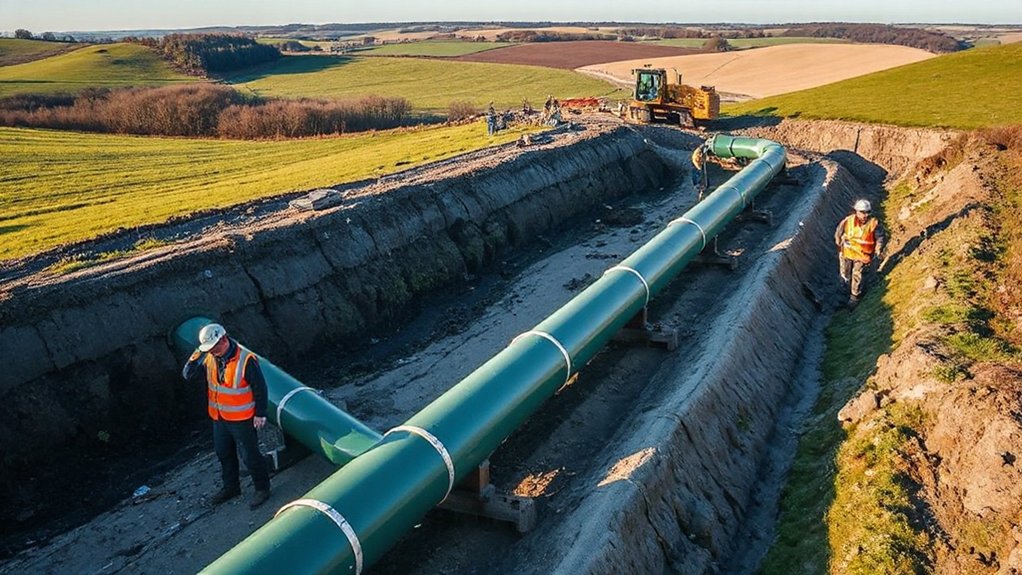Fossil fuel companies face mounting legal challenges across the U.S. Cities, counties, and Indigenous tribes are filing lawsuits claiming these companies misled the public about climate risks. Recent Supreme Court decisions allow state-level cases to proceed, seeking damages for adaptation costs and disaster recovery. Internal company documents showing prior knowledge of emissions impacts serve as key evidence. The legal landscape extends internationally, with similar cases emerging in Belgium and other countries. This wave of litigation could reshape industry obligations worldwide.
As fossil fuel companies face a growing wave of legal challenges worldwide, the industry is confronting an unprecedented reckoning for its role in climate change. Cities and counties across the United States, including Chicago and Bucks County, are taking major oil companies to court. These lawsuits claim these companies knew about the harmful effects of greenhouse gas emissions but misled the public for decades.
The legal landscape shifted recently when the Supreme Court denied fossil fuel companies’ petitions in the Honolulu climate case. This decision allows state-level lawsuits to move forward, opening doors for more local governments to seek damages. Indigenous groups have also joined the fight, with the Makah Indian Tribe and Shoalwater Bay Indian Tribe filing suits over alleged “climate deception campaigns.”
Puerto Rico has launched its own case against major oil companies, focusing on the unique climate threats facing island communities. The Municipality of San Juan filed a lawsuit seeking compensation for storm-related losses that occurred in 2017 and continue to cause economic impacts. The legal actions share common arguments: that companies violated laws related to nuisance, negligence, and failure to warn about their products’ dangers.
Evidence in these cases often includes internal company documents. These papers allegedly show that companies like ExxonMobil knew about climate risks decades ago but funded efforts to spread doubt and confusion. Plaintiffs claim the industry created front groups and lobbying campaigns to delay climate regulations.
Internal documents reveal companies knew climate dangers while funding misinformation campaigns to delay regulatory action.
Public pressure has intensified the legal scrutiny. Grassroots movements, youth climate protests, and shareholder activism have pushed for greater accountability. The dismissal of youth plaintiffs’ complaint against EPA highlights the challenges of establishing traceability between harms and specific policies. Divestment campaigns targeting fossil fuel assets continue to gain momentum globally.
The industry now faces legal battles on multiple fronts. Belgian citizens have sued TotalEnergies, marking the first climate lawsuit of its kind in that country. Many lawsuits seek compensation for climate adaptation costs and disaster recovery expenses. Under previous U.S. policy, developing nations were encouraged to increase their dependence on fossil fuels, with coal exports rising dramatically to countries like India.
As these cases work through courts worldwide, they represent a significant challenge to the fossil fuel industry’s past practices and future obligations regarding climate change impacts.
References
- https://climate.law.columbia.edu/news/climate-litigation-updates-march-2025-part-1
- https://climatecasechart.com/case-category/common-law-claims/
- https://climate.law.columbia.edu/news/january-2025-updates-climate-case-charts
- https://energy-profits.org/legal-cases/
- https://davidsuzuki.org/story/fossil-fuel-industry-faces-an-overdue-reckoning/








